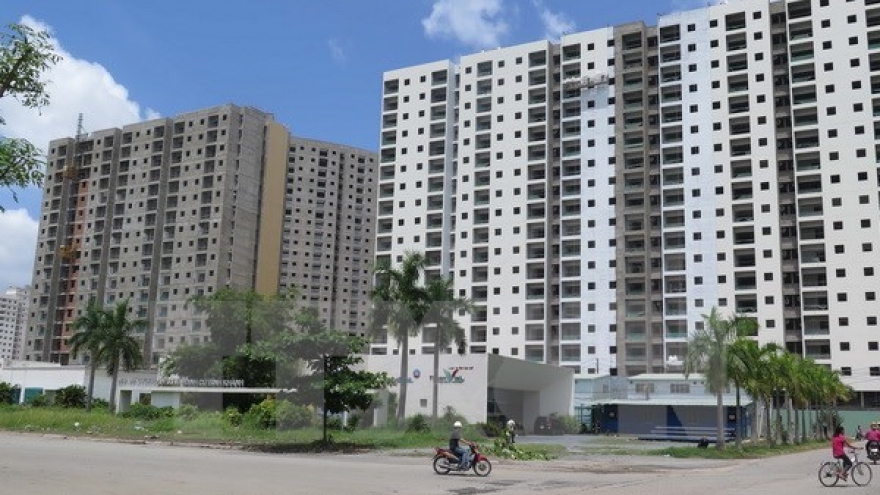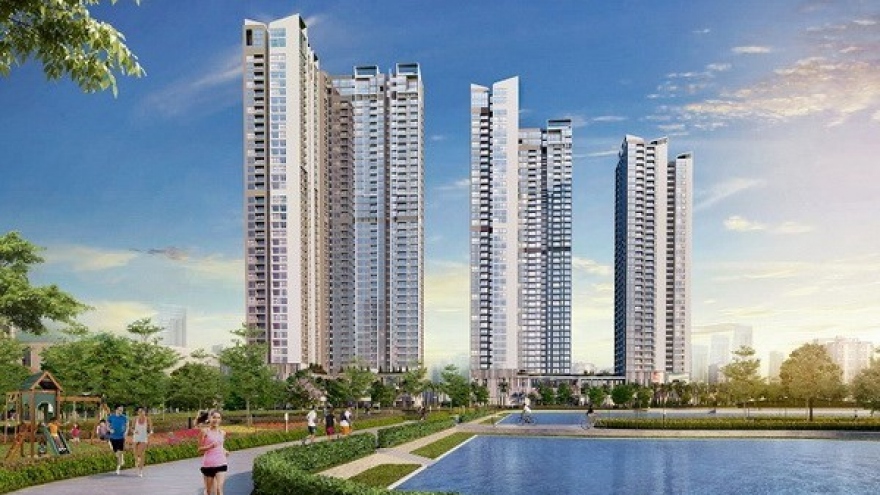Real estate sector sees positive sentiment in 2017
The real estate market has been recovering since late 2014, said Dang Phuong Hang, managing director of CBRE Vietnam, and it will remain buoyant this year but challenges will begin emerging.
 |
| Dang Phuong Hang, managing director of CBRE Vietnam |
A more sustainable market
The real estate market will continue growing in the foreseeable future but at a slower pace than in 2015-2016, Hang said.
Investors and buyers are now more cautious after two years of feverish expansion, which is evident in a sharp pickup in supply.
After many years of volatility, the market has become more balanced, with mid- and low-end condos accounting for a major proportion.
Investors now offer more reasonable prices and try to make their products different from others in terms of quality and design, especially in the high-end segment.
This year, developers will hand over the homes they sold in late 2014, thus instilling confidence in homebuyers. Homebuyers always pay attention to whether the quality of products delivered is as good as committed by developers.
“The development of the market depends much on buyer confidence. If product quality is as high as committed, buyers will have more confidence in the market and continue investing,” said Hang.
The home-to-let segment will have a high level of fragmentation and strong competition, triggered by abundant supply, so profit may be lower than expected. Homes which are of high quality, conveniently located and professionally managed can enjoy high rentals, hence high profits.
In the first quarter, there were an additional 5,083 apartment units launched by 21 projects, down 44% from the preceding quarter and 49% from the year-earlier period, according to CBRE data. The mid-end segment made up the highest proportion, 52%.
Regarding successful transactions, apartment sales in quarter one reached 6,051 units, a 47% quarter-on-quarter decline and a 29% year-on-year fall.
However, the market was more balanced. The number of people who bought homes to meet their own needs was on the rise, and they made up 31% of successful transactions in January-March, up from 23% in the same period of 2016.
Much room for growth
Hang said the Vietnamese real estate market will remain appealing to foreign investors this year. In 2016 real estate was the second most attractive sector to FDI, with a total of US$345.5 million pledged, 10% of all FDI approvals in Vietnam.
Authorities turned more cautious and took measures to control FDI flows into the sector. Therefore, investors did what was committed, improved the quality of products, reported less delays and disbursed capital as pledged.
This year, FDI is projected to flow into segments like homes, office space, hotels and resorts, especially in coastal areas.
Explaining why real estate is growing attractive to foreign investors, Hang said, investors can expect to make some profit from any channels of investments such as housing, commercial centers and industrial parks.
Vietnam’s macro economy is more stable than other regional countries, and youths with rising incomes have higher demand for housing.
In addition, opportunities for investment in infrastructure projects in the form of public-private partnership (PPP) abound.
Free trade agreements such as the Regional Comprehensive Economic Partnership (RCEP) and most recently the EU-Vietnam Free Trade Agreement (EVFTA) will help lure more capital into Vietnam.
Besides, technology, e-commerce, education and healthcare are also the potential sectors for investors, so real estate associated with these sectors will grow this year.


